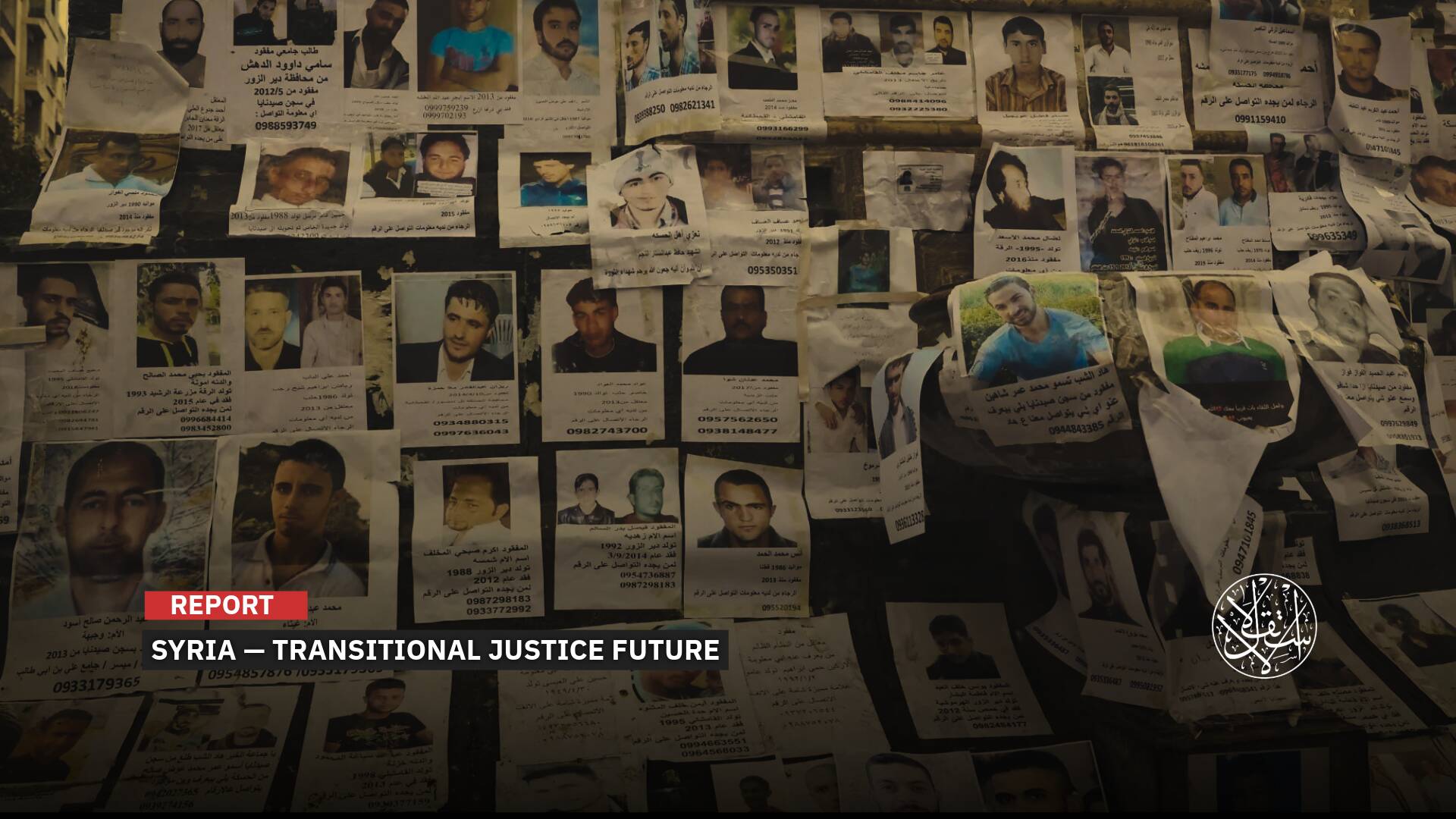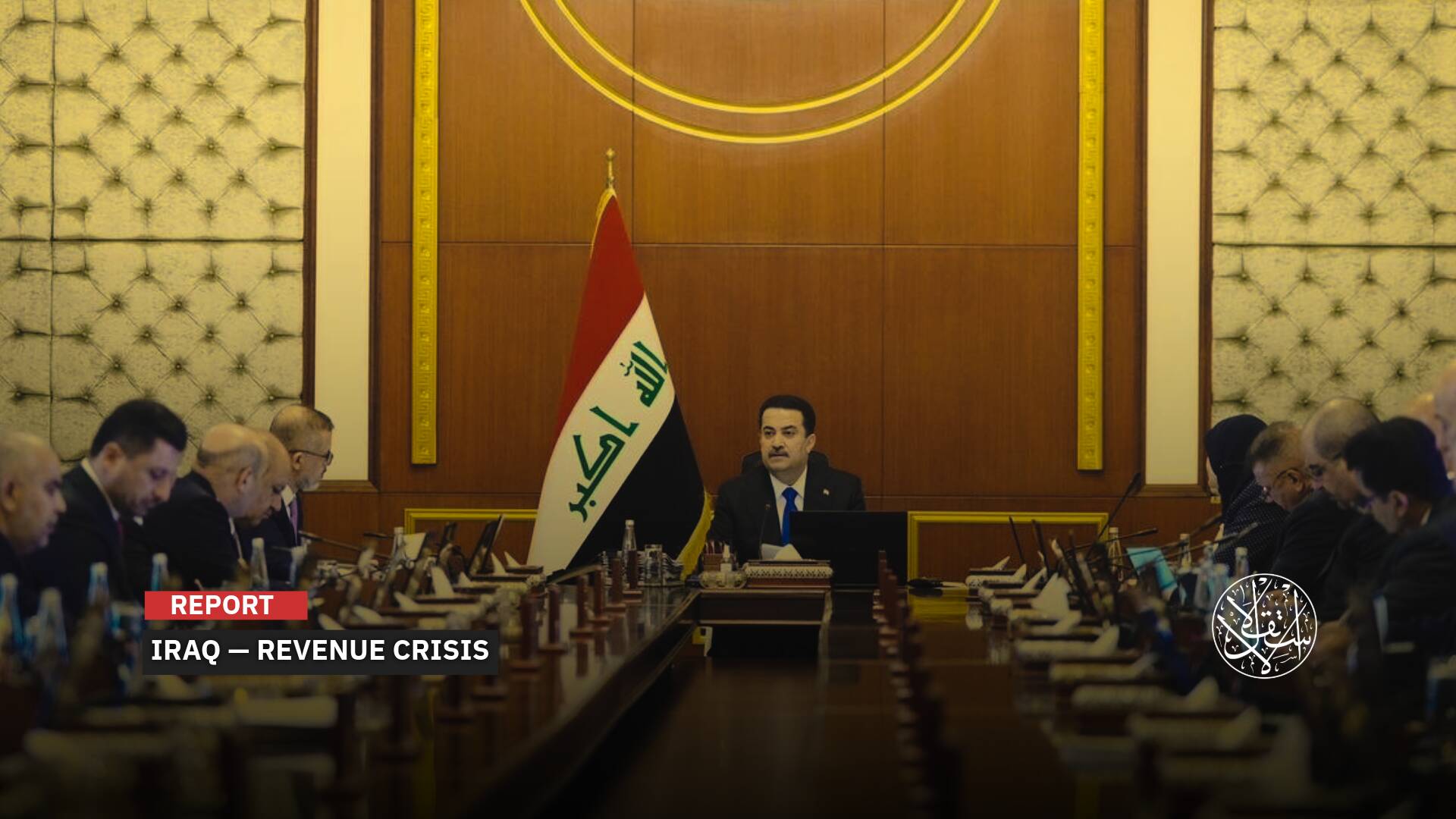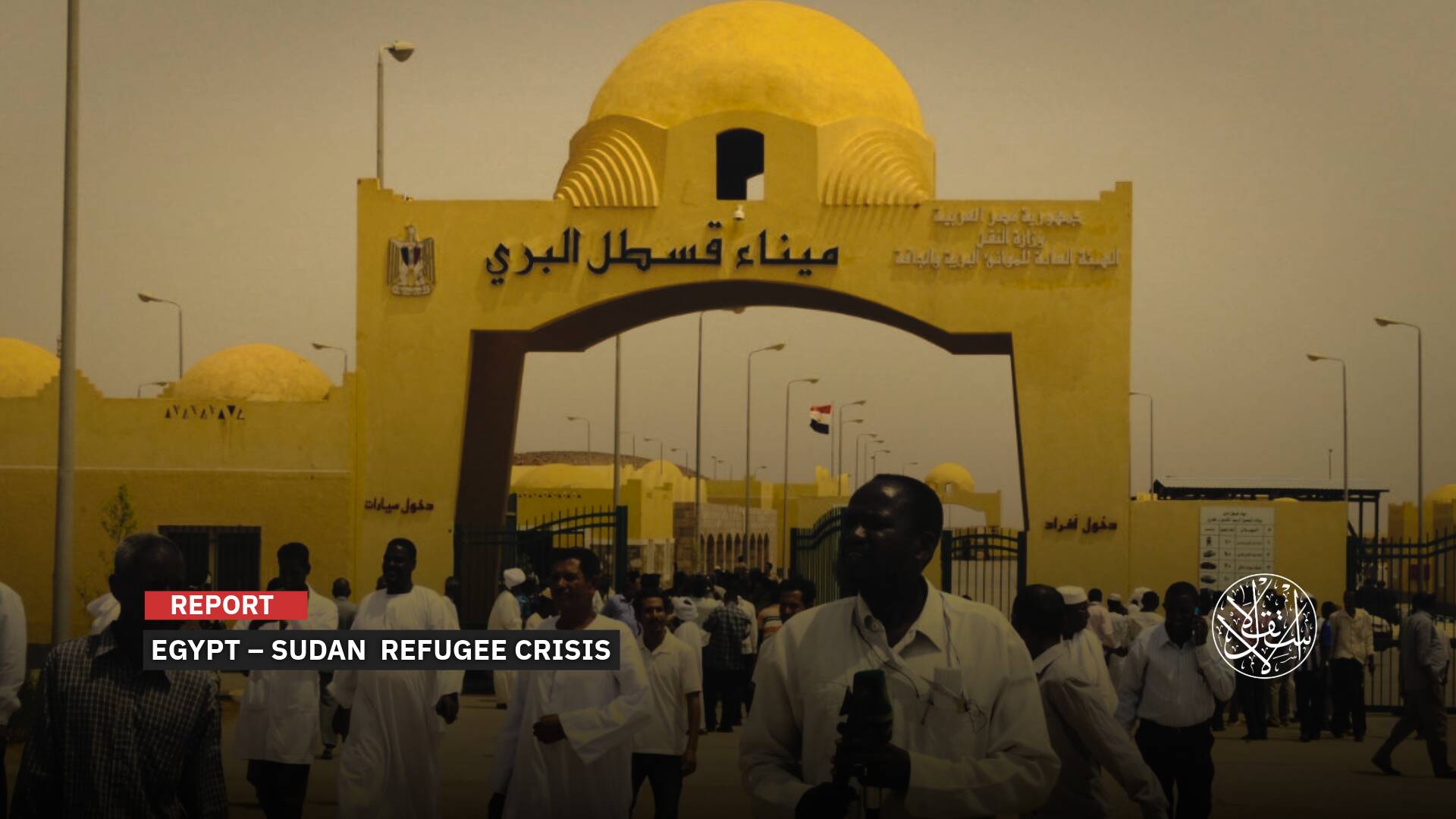How the Syrian Opposition Won the Narrative at Home and Abroad

The Syrian opposition has offered a vivid and swift model of peaceful coexistence among Syria's diverse communities.
Before liberating Damascus on December 8, 2024, and declaring the fall of Bashar al-Assad's 24-year rule, the Syrian opposition demonstrated its commitment to protecting all components of the Syrian people.
From the onset of its operation to liberate Syria, opposition factions emphasized “reassuring messages” to the country's ethnic and sectarian communities, affirming that their military efforts aimed to establish a “state of institutions” ensuring full protection for the populace.
Reassuring Messages
On November 27, 2024, opposition factions led by Hay'at Tahrir al-Sham launched Operation Deterrence of Aggression to end Assad's rule.
Various opposition groups allied with Hay'at Tahrir al-Sham in this effort, aiming to overthrow Assad's regime, repatriate displaced Syrians, and build a “state of institutions,” as outlined in statements from the Military Operations Command, which appointed an official media spokesperson.
The room’s official communications notably targeted two key audiences: minorities and sectarian communities within opposition-controlled areas in Syria and external powers with military or political stakes in the Syrian conflict.
This messaging reflected a pragmatic shift, countering Assad's long-standing narrative that opposition factions sought to exact revenge on minorities. The opposition's rhetoric underscored a new political approach, seeking to alleviate fears and promote inclusivity.
Operation Deterrence of Aggression marks the largest of its kind since the Syrian regime gained the upper hand militarily in early 2020.

As part of their operation, opposition factions successfully gained control of nearly all Syrian territories, except parts of al-Hasakah, ar-Raqqah, and Deir Ez-zur provinces, still held by the Syrian Democratic Forces (SDF).
The opposition actively sent reassurances to Syria’s diverse sectarian, ethnic, and minority communities in Aleppo and other cities. Statements were also issued to various governments in multiple languages, including English and Russian.
Syria is characterized by its rich ethnic and religious diversity, with a Muslim majority—mostly Sunni—alongside smaller communities such as Alawites, Ismailis, Murshidis, and Druze. Ethnic minorities include Syriacs, Assyrians, Kurds, Armenians, Circassians, and Turkmen.
With the liberation of Syria underway, questions have arisen about whether the country's diversity can be preserved as opposition forces enter cities without resistance.
‘A National Vision’
Operation Deterrence of Aggression factions offered a practical model of peaceful coexistence among Syria’s communities, starting with Aleppo.
On November 29, 2024, opposition forces fully secured Aleppo, expelling Assad’s forces and militias. This marked a significant step toward demonstrating their commitment to protecting all Syrians. Aleppo, home to the Middle East’s second-largest Christian population after Beirut, has seen its Christian residents dwindle from 150,000 to less than 70,000 in recent years. Following the city’s liberation, Christians were allowed to freely practice their religious traditions without any reported violations.
On December 5, 2024, opposition forces also gained control of Salamiyah in Hama’s countryside, a city predominantly populated by Ismailis. The factions also entered Tartus and Latakia, areas with Alawite villages—Assad’s own sect—without any recorded abuses, despite the heavy concentration of regime forces and officers who had retreated there after fleeing Damascus ahead of Assad’s fall.
By overthrowing Bashar al-Assad, who inherited power in 2000 from his father Hafez, the Syrian revolution brought an end to over five decades of Ba'ath Party rule, which began with Hafez Assad’s military coup in 1971.

The Political Affairs Administration of the Idlib-based Salvation Government, affiliated with Hay’at Tahrir al-Sham (HTS), issued a reassurance statement to Syria's Alawite community as Operation Deterrence of Aggression factions advanced toward Alawite areas in Hama and Homs countryside.
“The regime exploited the Alawite community against the Syrian people, dragging them into a zero-sum conflict through systematic sectarian incitement. This approach created deep societal wounds and divisions among Syria's diverse components,” HTS stated on December 4. The statement urged Alawites to distance themselves from the Assad regime and embrace a future Syria free of sectarianism.
Commenting on these developments, researcher Yasser Fathy said many parties had distanced themselves from supporting Assad before his fall, prompting the opposition to focus its rhetoric on a unified goal without triggering distractions. “This allowed for implicit signals of engagement with the Arab region and a focus on local priorities, ensuring the discourse remained national and devoid of dominance, control, or imposing specific lifestyles,” he told Al-Estiklal.
“The Syrian opposition positioned itself as a national component serving all Syrians, emphasizing the importance of consensus on law, governance, and mutual respect among diverse groups.”
Fathy noted that the opposition's messaging was calm, confident, and disciplined, steering clear of any hints of revenge or excess.
“These messages, delivered amidst on-ground successes, strengthen opportunities for leveraging the internal, regional, and international climate.”
However, “the biggest challenge will be whether the opposition can firmly establish this discourse both internally and externally while demonstrating flexibility in practice and expanding the internal Syrian front to withstand shifting regional and global interests,” according to the researcher.
Reassuring the World
Following the opposition factions’ assumption of power in Syria, the Political Affairs Administration in Damascus issued a statement on December 9, 2024, pledging to “create conditions and ensure a safe environment for the return of Syrians.”
The statement invited exiled Syrians to “return and contribute to rebuilding Syria,” affirming efforts to establish a state of law that upholds dignity, justice, and institutions that meet the people's aspirations. It emphasized the need for comprehensive societal reconciliation based on justice and equality.
The administration also expressed its intent to strengthen relations with all nations on the basis of mutual respect and to pursue a constructive regional and global role that promotes security and stability.
This was not the first time the opposition addressed the international community with reassurances. As opposition forces rapidly advanced, their messaging consistently emphasized that their objectives were confined to toppling the Assad regime.
Meanwhile, Iraq closed its border with Syria completely on November 30, as announced by Deputy Commander of Joint Operations Qais al-Muhammadi. Iraqi Commander of the Border Forces Brigadier General Mohammad Abd al-Wahhab Sukar al-Saidi confirmed that the Iraq-Syria border was fully secured, ruling out any breaches, according to the Iraqi News Agency (INA).
The Assad regime, at the same time, sought to bolster its forces by recruiting foreign militias. The Syrian opposition warned Baghdad against allowing militias to cross from Iraq into Syria.
HTS leader Abu Mohammed al-Golani, now using his real name, Ahmed al-Shar’a, publicly appealed to Iraqi Prime Minister Mohammed Shia' al-Sudani, urging Iraq to remain neutral in Syria's conflict and warning against deploying Popular Mobilization Forces to support Assad’s regime.

In a video message addressed to the Iraqi Prime Minister on December 5, 2024, al-Golani stated, “Just as Iraq distanced itself from the war between Iran and the region, we urge it to refrain from getting involved in a new war in Syria, where the Syrian people are defending themselves against a criminal regime.”
Al-Golani expressed hope for strategic, economic, and social relations between Iraq and a post-regime Syria. He also called on Iraqi politicians to prevent what he described as “reckless actions,” referring to potential military support for the Assad regime.
The Idlib-based Salvation Government issued a statement addressed to Russia, written in Arabic, Russian, and English. It urged Moscow not to tie its interests to the Assad regime or Bashar al-Assad personally but to the Syrian people.
The statement, issued by the Political Affairs Administration of the Salvation Government, which serves as the political arm of the military operations center, emphasized that the Syrian people aspire to establish positive relationships based on mutual respect and shared interests with all nations, including Russia. It described Russia as a “potential partner” in building a bright future for Syria.
Sources
- "Political Affairs Department" sends a message to the "Alawite sect" in Syria [Arabic]
- Christians of Aleppo are steadfast with God's strength and guarantees [Arabic]
- Iraq completely closes its borders with Syria [Arabic]
- "Salvation Government" reassures Salamiyah residents and calls on them to abandon the regime [Arabic]








